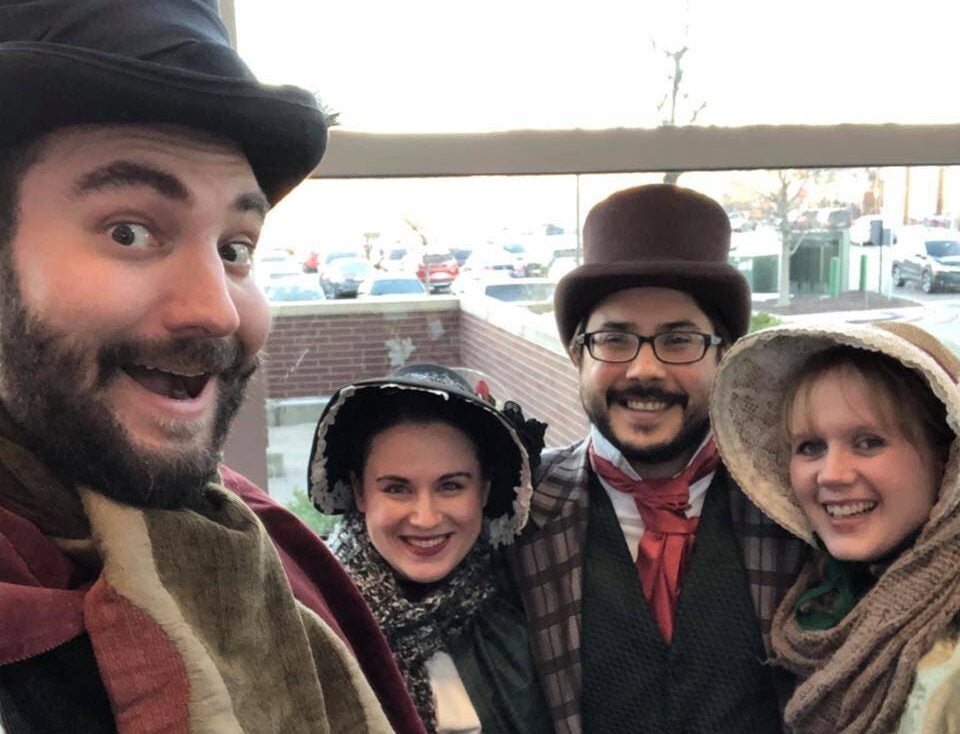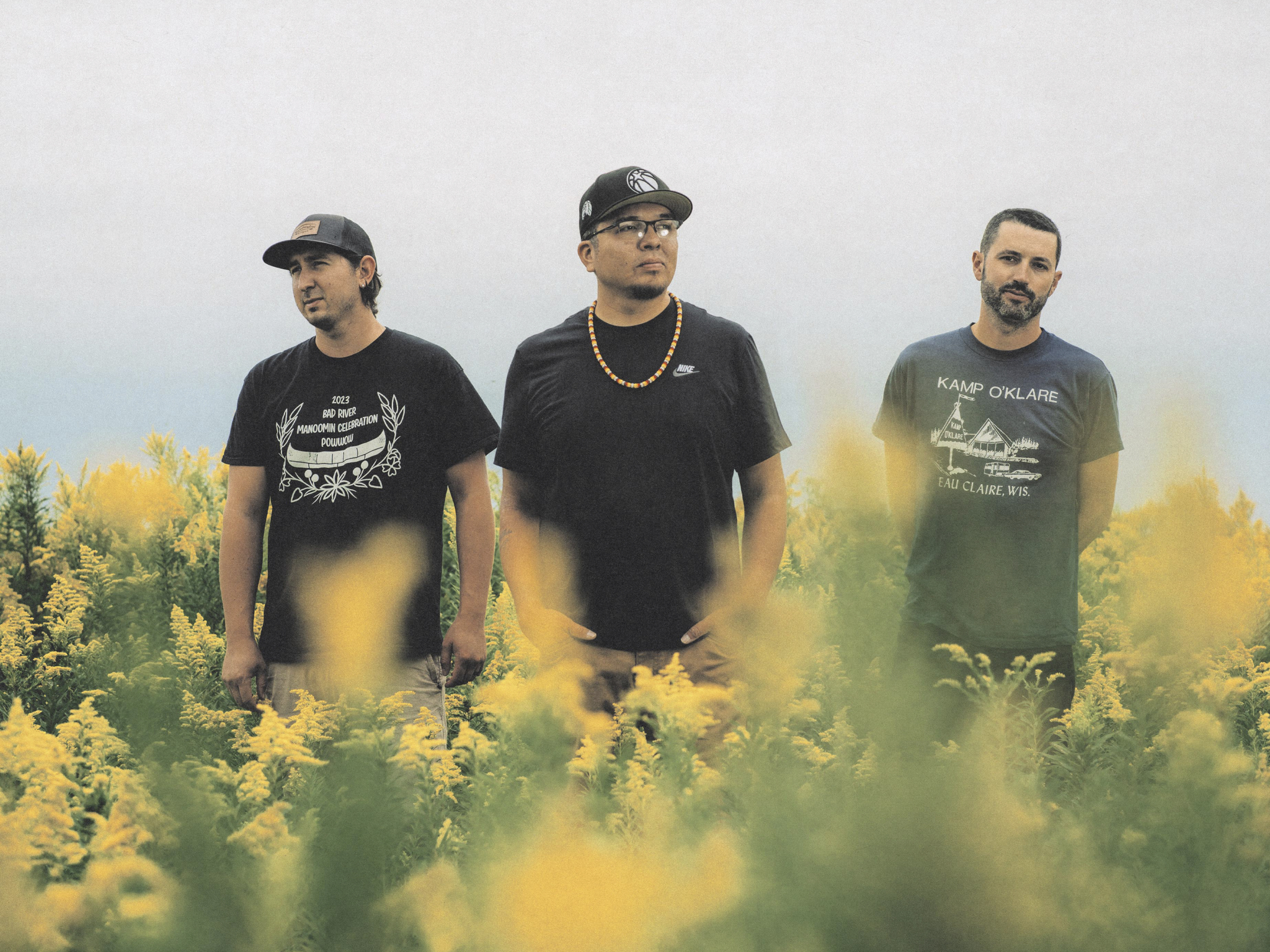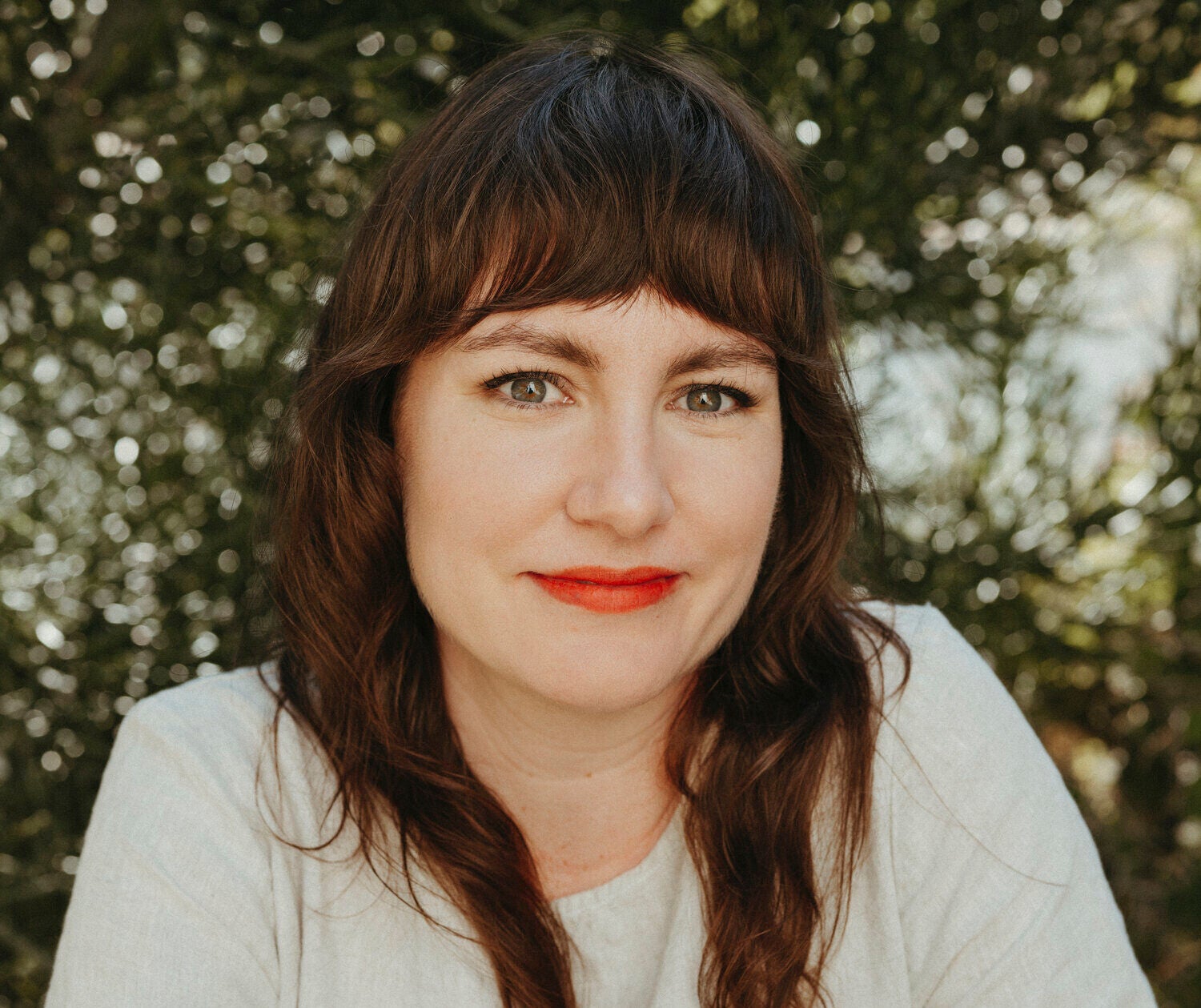Composer Hector Berlioz thought big and fought big, as becomes apparent in this letter he wrote to his sister on November 2, 1840:
I’ve just put on a festival at the Paris Opéra. I conducted 450 instrumentalists and singers in selections from my Requiem….
A couple of weeks earlier there had been plots to prevent the Opéra orchestra from playing for me, slurs in the newspapers, threats, and so on. The rehearsal the day before yesterday was awfully tiring and muddled, so you can imagine how worried I was.
Stay informed on the latest news
Sign up for WPR’s email newsletter.
But when I made my entrance yesterday evening on that vast Opéra stage, made even more vast by a ramp sloping down to the audience, when I saw my attentive troops and the entire auditorium bathed in light, when I heard the audience tremble at the first chorus sung by the priestesses of Diana during the storm, and when I heard the applause after the chorus of the Scythians, I knew that everything was all right.
So I started my Dies Irae confidently, despite two or three pests I knew to be in the stalls. The mass of sound was awesome. The place was shaking from the force of the voices, the thundering, and the trumpets. This rendition of the Last Judgment overwhelmed them, and three times in the middle of the piece, applause and shouts from the audience drowned out my army of singers.
At the end of the piece some helpful foe was dumb enough to let out a blast on a whistle, and the entire audience stood up and yelled at him. My performers added their own applause. The women were clapping with their music, the violins and double basses with their bows, the timpanists with their sticks. So you might call the whole thing a furious success.
Wisconsin Public Radio, © Copyright 2025, Board of Regents of the University of Wisconsin System and Wisconsin Educational Communications Board.






